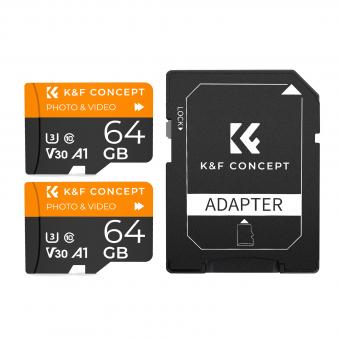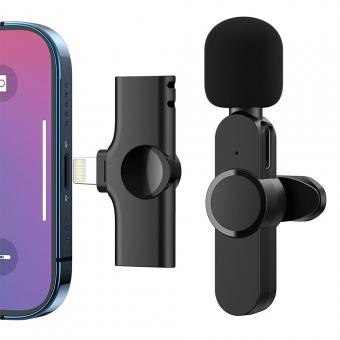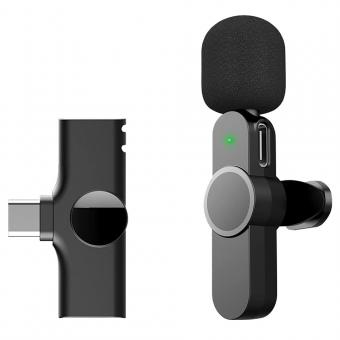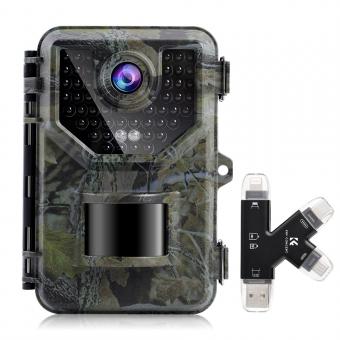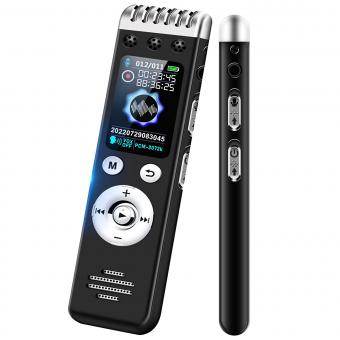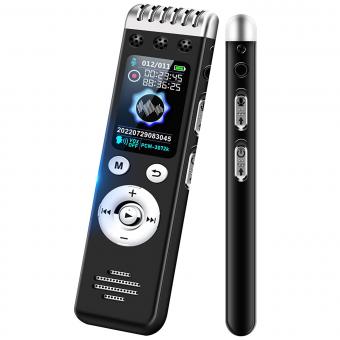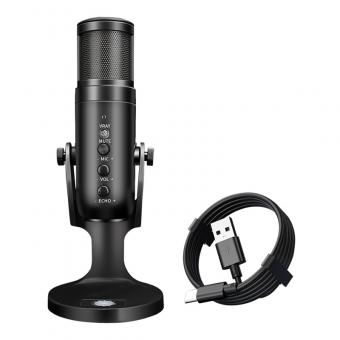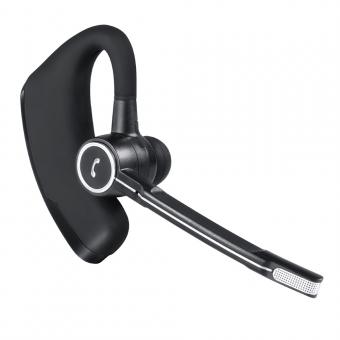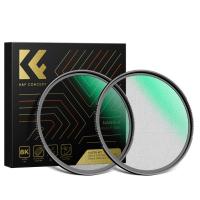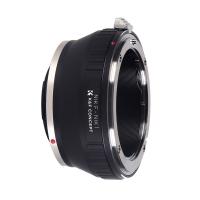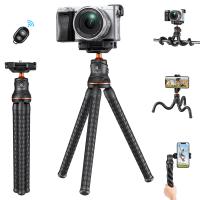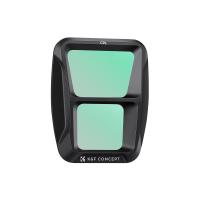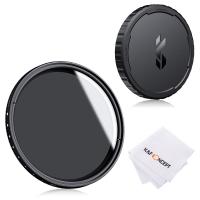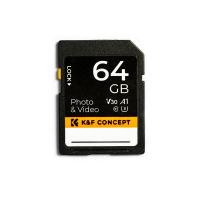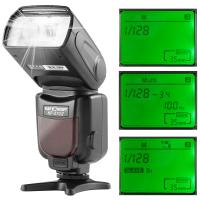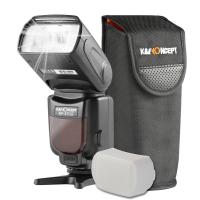Books That You Can Record Your Voice?
In the ever-evolving realm of literature and technology, voice-activated or voice-recordable books have emerged as a powerful amalgamation of both. These books not only offer the serene pleasure of reading but also integrate a personal touch by allowing users to record their voices. Whether used as a teaching tool, a sentimental gift, or a tool for interactive storytelling, voice-recordable books fulfill an array of compelling needs. This article delves into the various facets and applications of voice-recordable books, aiming to offer practical insights and answering common questions surrounding this innovative medium.
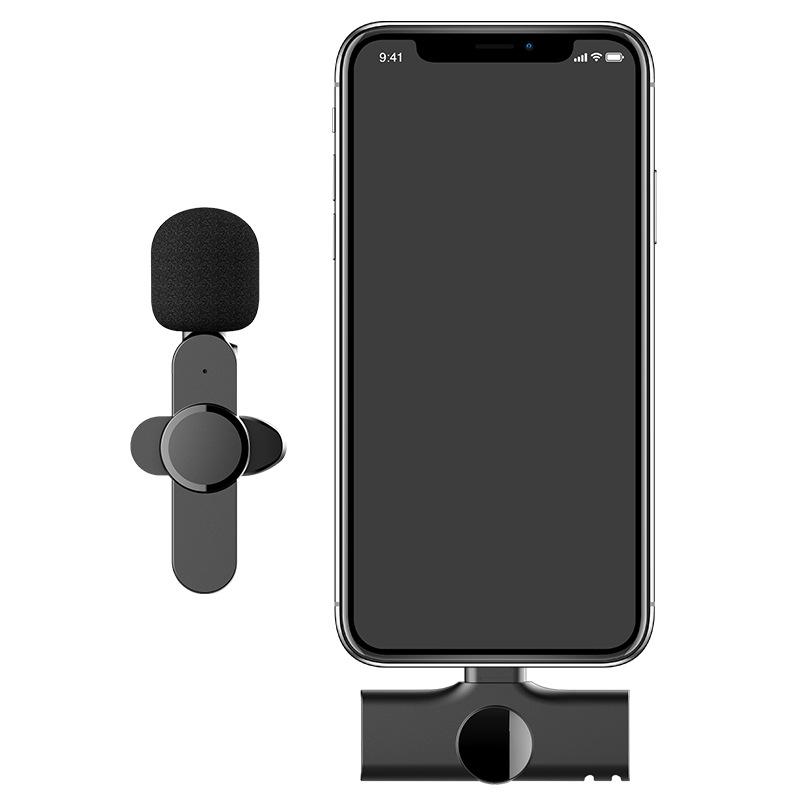
The Evolution of Reading: From Print to Voice-Recordable Books
The traditional book is a testament to the enduring power of storytelling. However, as technology has advanced, the ways we interact with books have expanded. E-books, audiobooks, and now voice-recordable books have transformed the reading landscape. Voice-recordable books bring a new level of customization and personalization, making them versatile and multi-functional. The demand for voice-recordable books primarily focuses on their applications in education, emotional connection, therapy, and creative engagement.
Educational Tools and Enhancements
One of the standout applications of voice-recordable books is their utility in education. They can serve as exceptional tools for both teachers and students, making the learning process more interactive and engaging.
Interactive Learning for Children:
Voice-recordable books offer a fantastic way to teach young children the fundamentals of reading and comprehension. Parents or teachers can record pronunciations, dictations, and even interactive questions related to the text. This makes reading an active rather than passive activity, encouraging children to engage more deeply with the material.
Language Learning:
For older students and adults, voice-recordable books can serve as an aide to language learning. Users can record vocabulary words, pronunciations, and nuanced language elements that are essential for acquiring a new language. This allows for repetitive learning and self-assessment, crucial for mastering a new language.
Emotional and Sentimental Connections
Voice-recordable books are also indispensable for their capacity to cement emotional and sentimental connections between individuals. Recording a loved one's voice can make a book an irreplaceable keepsake.
Gifts and Mementos:
Grandparents can record bedtime stories for their grandchildren, parents can leave behind recorded messages in storybooks for their young ones, and partners can exchange voice notes that can be cherished over long distances. The recorded voice transforms a simple book into a deeply personal memorabilia.
Therapeutic Uses:
Voice-recordable books have also found a place in the realms of therapy and emotional well-being. For those who struggle with severe anxiety or trauma, hearing the voice of a loved one in a familiar story can provide immense comfort. It can also be a useful tool in grief counseling, allowing individuals to preserve the memory of lost loved ones in a meaningful and interactive way.
Enhancing Creativity and Storytelling
Voice-recordable books open the doors to a world of creative possibilities. For budding authors or storytellers, these books offer a new medium to explore.
Personalized Storytelling:
Writers can create their own stories and add personalized narrations, creating a multi-layered storytelling experience. For interactive stories, multiple choices can be recorded, leading the reader through different paths and endings, thereby immersing the reader in a unique narrative journey.
Collaborative Projects:
Voice-recordable books are perfect for collaborative projects where multiple voices can contribute to a single book. Whether it’s a school project, a community initiative, or a family endeavor, gathering various voices and stories within a single book can create a rich tapestry of collective narratives.
Practical Considerations: Selecting the Right Voice-Recordable Book
While the benefits and applications of voice-recordable books are numerous, selecting the right book involves several practical considerations. Ensure that the book aligns with your specific needs for ease of use, recording quality, and durability.
Ease of Use:
For young children or the elderly, user-friendliness is paramount. Look for books that feature simple, intuitive controls for recording and playback. Many voice-recordable books offer ‘lock’ features that protect the recording from being accidentally erased.
Recording Quality:
The clarity of the recording is crucial, particularly for educational purposes. Books with high-fidelity recording capabilities tend to offer better sound quality, ensuring that pronunciations and readings are clear and easy to understand.
Compatibility and Additional Features:
Some advanced voice-recordable books offer compatibility with digital apps or software, allowing users to save, edit, and combine their recordings digitally. Evaluating the additional features offered, such as background sounds, pre-loaded stories, or interactive elements, can also enhance your overall experience.
Leveraging Voice-Recordable Books in Various Contexts
In the Classroom:
Teachers can leverage voice-recordable books for differentiated instruction. Recording different reading levels or providing additional context and questions can cater to various student needs within the same classroom. They can also serve as a home assignment aide, allowing students to hear clarifications and instructions outside of school.
At Home:
Parents can use these books for bedtime stories, educational reinforcement, and to maintain a connection with children during travel or extended times apart. Voice-recordable books offer a way for parents to be present in their children’s routines, even when they are physically absent.
In Therapy:
Therapists can use voice-recordable books to create calming routines for patients. Familiar stories or instructions recorded by trusted individuals can help in creating a safe, comforting environment. This is particularly effective for children and those dealing with cognitive challenges.
Conclusion: The Future of Voice-Recordable Books
Voice-recordable books are a splendid blend of nostalgia and cutting-edge technology, offering a rich array of applications that enhance learning, emotional bonds, and creative expression. As technology continues to evolve, we can expect these books to become even more advanced, with improved recording capabilities, additional interactive elements, and greater digital integration.
The rise of voice-recordable books reflects a broader trend toward personalization and interactivity in various media. By understanding their multi-dimensional benefits and practical applications, users can maximize the potential of these books in education, emotional connections, creative endeavors, and beyond. Whether you are an educator looking for new teaching tools, a parent seeking to connect with your child, or an individual eager to explore new storytelling techniques, voice-recordable books offer a unique and enriching experience that transcends the traditional limitations of reading.

